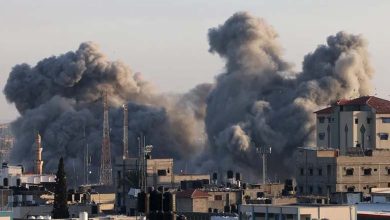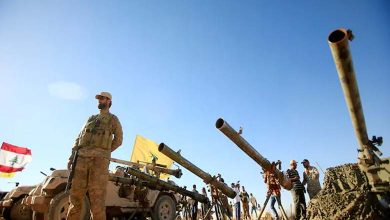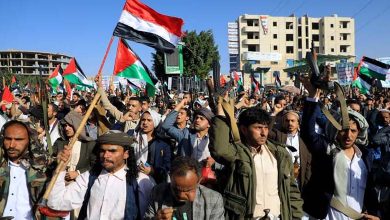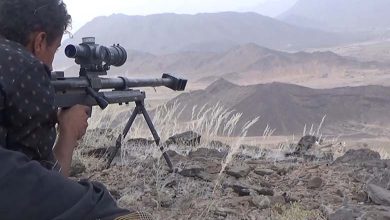Al Sudani Seeks to Change Governors under Pressure from Coordination Framework
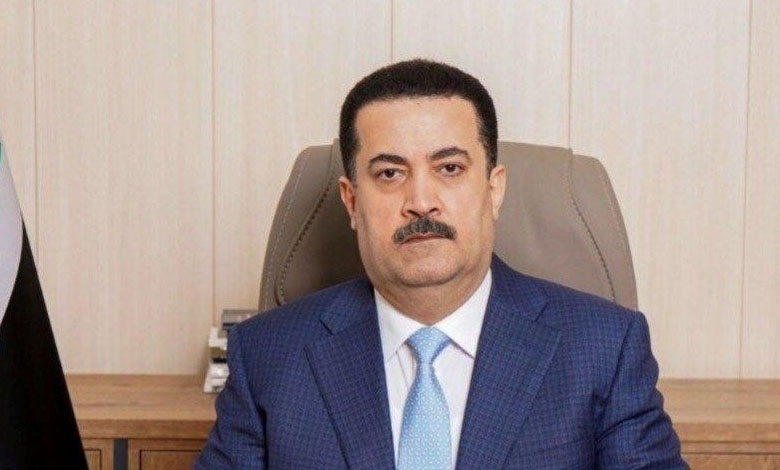
The coordination framework is pressuring Iraqi Prime Minister Mohammed Shia’ Al Sudani to make changes to the level of governors in a way that serves their interests and allows them to control the state’s affairs and control decisions in the provinces.
Fadi Al-Shammari, a leader in the Iraqi Kurdish party, told Ashfaq News: “Al Sudani is making moves aimed at changing some of the governors.”
He noted that the Al Sudani government is determined to “reevaluate the governors and support the coordination framework in order to achieve real complementarity with the directions of the new government and its insistence on success.”
Al-Shammari said, “The framework and Al Sudani want professional and effective political governors who are given great powers to carry out their constitutional duties and their functions in a successful administration of the provinces.”
“There are evaluation stations that will be conducted for all governors, after which the appropriate decisions for change will be made,” al-Shammary said.
By emphasizing the need for an assessment of conservatives and the desire to appoint “politicized governors,” the framework aims to implement its programs that ultimately benefit Iranian backers.
Observers believe that the changes will include sensitive provinces or borders with Iran and that the conservatives, who do not follow the wishes of Tehran and its allies, will be eliminated from the Iraqi political forces.
Observers believe that this step is natural, considering that the current prime minister has been greatly supported by the Framework, and therefore his survival depends on the extent of the service of the projects of Tehran’s allies. The Iraqi National Alliance (NDP), which is headed by Prime Minister Nouri Al-Maliki, recently announced that the NDP will be the largest party in the Iraqi parliament.
A number of observers on Iraqi affairs link the decision to dismiss former Prime Minister Mustafa al-Kadhimi’s intelligence chief, Raed Juhi, relieve top security officials, and efforts to coordinate the infiltration of Iraqi state agencies.
It seems that some of the recent steps taken by Al Sudani, such as withdrawing the conscription law or preventing officials from meeting foreign delegations without the knowledge of the government or the Ministry of Foreign Affairs, are nothing but a maneuver and not an approach to impose the prestige of the state, confront the policy of militarizing society and protect national sovereignty.
Observers say that Al Sudani has turned into an executive arm of the coordination framework to eliminate all the few voices that oppose Iranian interference in Iraqi internal affairs, whether in the security and military agencies or inside the provinces.
Al Sudani faced severe criticism from opposition forces, especially the Sadrist movement, which emphasized the need to form a government that is neither eastern nor western, and that is far from foreign allegiances, in reference to Iran and the West.
It is clear that the government of Al Sudani is moving east faster than expected with the support of political forces linked to Iranian influence through the dismissals of security leaders attributed to the West, or through a reassessment of the conservatives and their loyalty to the project of Tehran and its allies.



